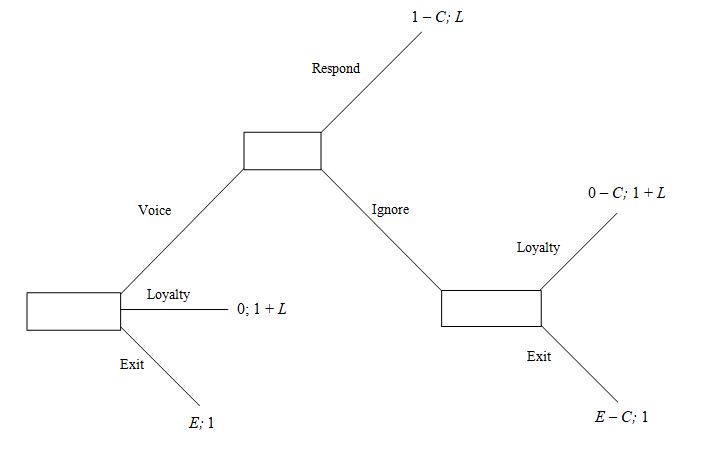While the public typically no longer questions the desirability of a clean environment, where does the conflict occur when it comes to enacting environmental policies?
What will be an ideal response?
Individuals would like to see the value of a clean environment balanced more carefully with values of economic growth, jobs, and inflation. Past economic slowdowns have led to the questioning of whether the nation can afford stringent controls on pollution.
You might also like to view...
What did the experiences of walnut growers and poultry men in 1959 illustrate about the success of interest groups?
A. Groups developed in response to economic development, so there would be competition. B. Small groups with intense interests have an organizational advantage. C. Large groups with diffuse interests have an organizational advantage. D. The universe of interest groups was biased toward those who had money and resources.
The evolution of transnational regional identity is being fostered by
a. the existence of multi-national states. b. increased awareness of ethnic differences between identity groups within states. c. large scale intermarriage between people of different ethnic groups. d. the increasing interconnectedness among states in the international political system. e. the practice of ethno-federalism.
In contrast to members of the House, Senators must be ______.
a. older b. wealthier c. more educated d. property holders
What are the equilibrium payoffs for each player if you use these payoff values?
Below is the Exit, Voice, and Loyalty game between the state and the citizen.Recall that E is the payoff that the citizen gets when she exits, L is the payoff that the state gets from retaining a loyal citizen, 0 is the payoff that the citizen gets from remaining loyal, and C is the cost that the citizen must pay for using voice.
Let E = 0.5, let L> 1, and let C = 0.75.

A. 0; 1+L
B. .25; 1
C. ?.5; 1 + L
D. ?.25; 1
E. .5; 1